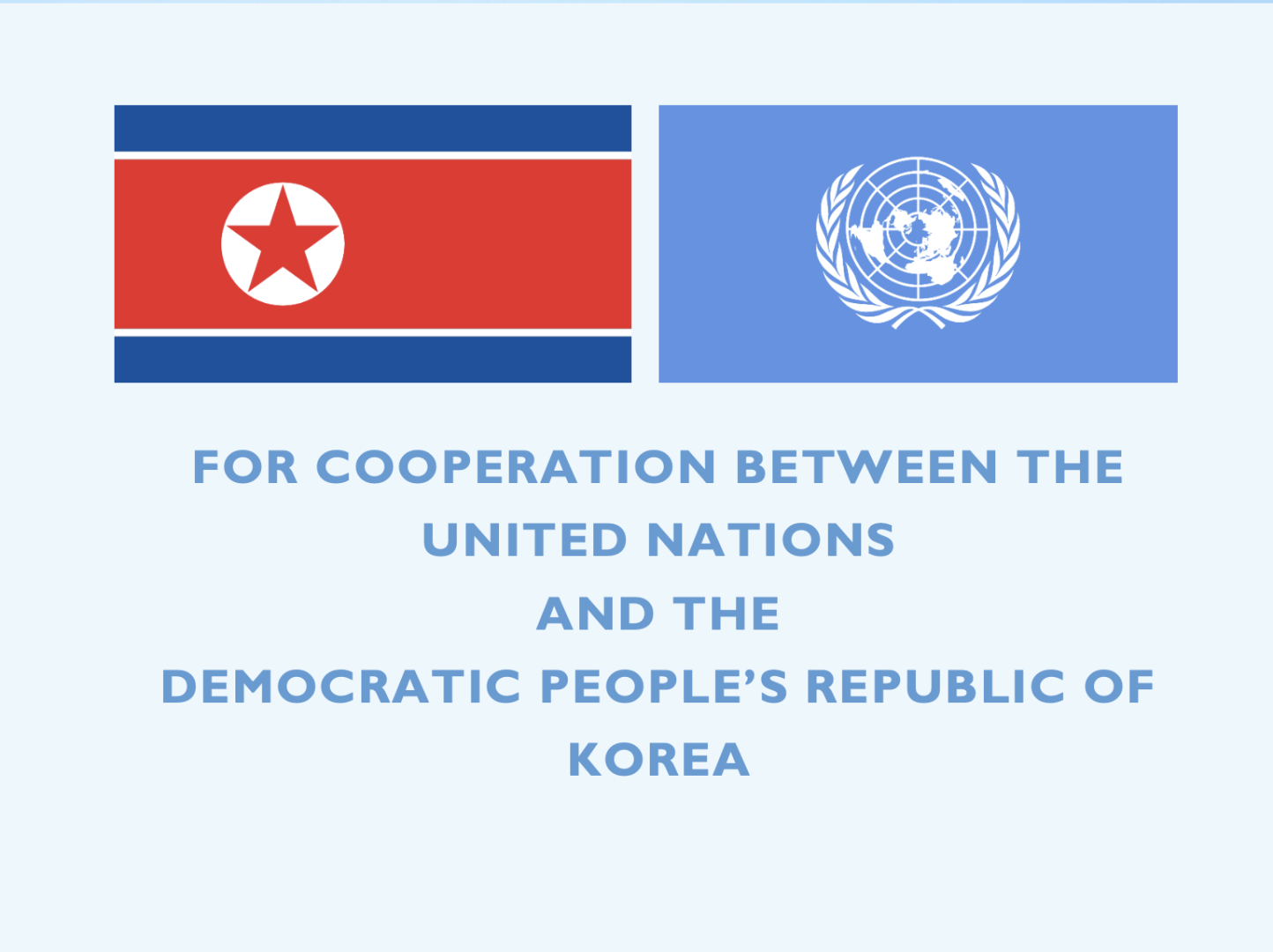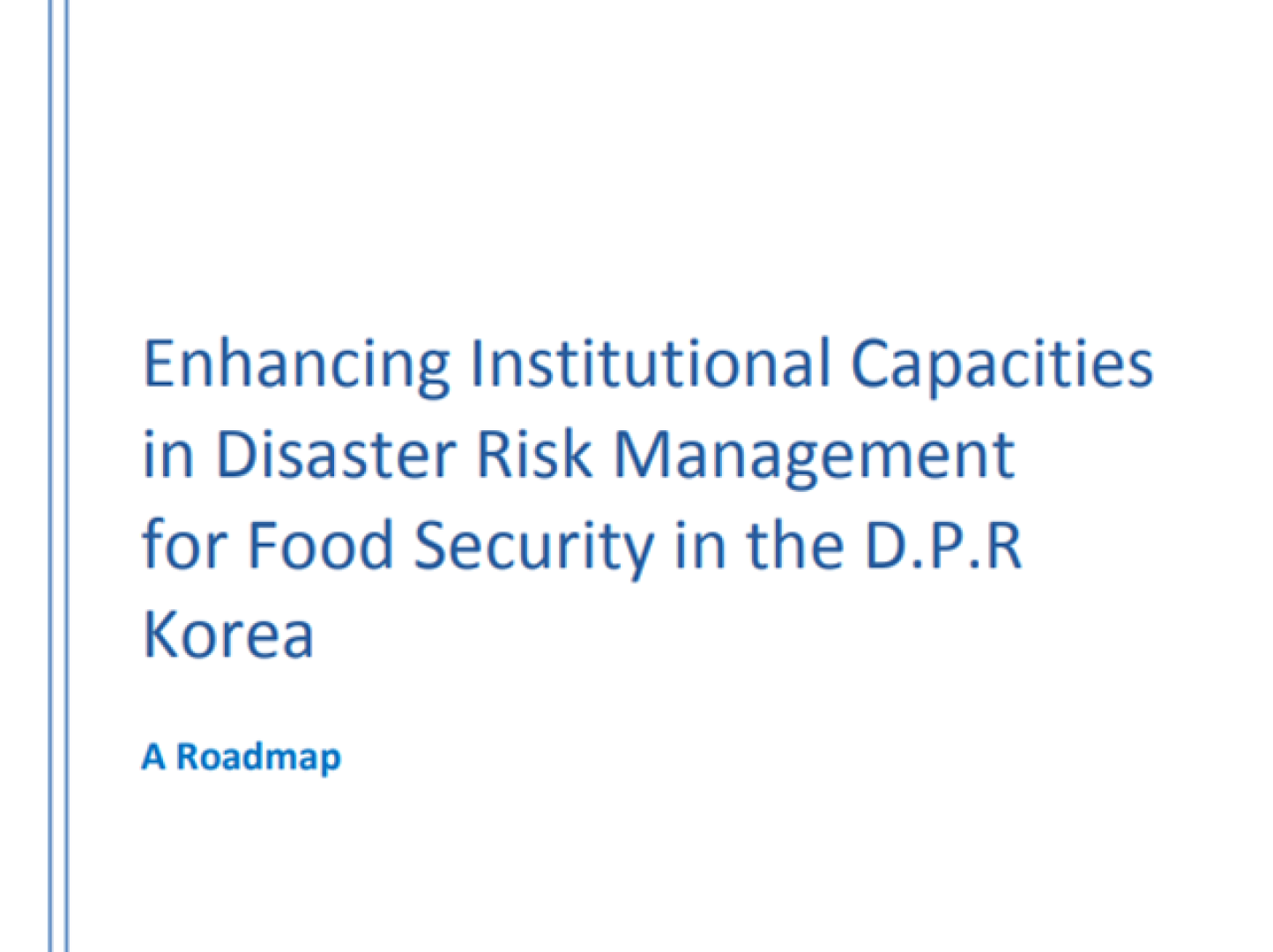Frequently Asked Questions


THE OFFICE OF THE UN RESIDENT COORDINATOR IN THE DEMOCRATIC PEOPLE'S REPUBLIC OF KOREA
Frequently Asked Questions
1. Where is the UN Resident Coordinator in the Democratic People's Republic of Korea (DPRK) based?
The duty station of the UN Resident Coordinator (RC) in the DPRK is Pyongyang. However, the RC, along with the entire UN Country Team (UNCT) and most of the international community, including foreign diplomats and humanitarian workers, left the DPRK in early 2021, when the borders closed at the onset of the COVID-19 pandemic. Since then, the RC and the UNCT have been based in Bangkok, Thailand, at the UN regional headquarters for Asia and the Pacific, where they are expected to remain until invited back by DPRK authorities.
2. Has the DPRK formally accepted the designation of the RC?
Yes. In January 2024, DPRK authorities provided their formal approval to the Secretary-General's designation of Mr. Joe Colombano as the new United Nations Resident Coordinator in the DPRK. The mandate of the new RC started on 1 March 2024.
3. Why are the RC and the UNCT unable to re-enter the DPRK?
In April 2024, the DPRK Permanent Representative (PR) to the United Nations wrote to the RC to inform him that the country’s border remained partially closed, and that the return of the UNCT to Pyongyang would be considered once the border measures were completely lifted. No member of the UNCT has been able to return to the duty station since early 2021.
4. How can the RC perform his duty and lead his team without being based in the DPRK?
The RC performs his duty from Bangkok, at the UN regional headquarters for Asia and the Pacific, where he and most of the UNCT are temporarily based. There are currently no international UN staff in the DPRK. A limited presence of national staff is maintained in Pyongyang, including some 50 DPRK nationals working for the six UN resident agencies, almost entirely staff on secondment from government entities. The RC convenes regular UNCT meetings (in person in Bangkok) and weekly team meetings (which the national staff join online).
5. How does the lack of country access impact on RC’s mandate?
The lack of country access severely constrains the ability of the UN to operate in the DPRK and implement the Strategic Framework for Cooperation between the UN and the DPRK 2015-2021 (now extended to December 2026). Since the departure of the UNCT in 2021, UN programmatic activities have been reduced to a minimum. With the gradual lifting of pandemic control measures in late 2023 and 2024, UN agencies were able to resume some operations, including the shipment of vaccines and other health supplies in 2024, with more scheduled for 2025.
The in-country relationships between the United Nations and the DPRK are still regulated under the old Strategic Framework, agreed in 2016. The preparation of a new Cooperation Framework remains on hold pending the return of the UNCT to Pyongyang. Meanwhile, diplomatic engagements are limited to those with the Permanent Missions in New York and Bangkok. The gradual return of some foreign embassies to Pyongyang has allowed the RC to resume in-country contacts, albeit remotely.
6. What measures have been taken to address the current situation?
The RC, with the support of the UN Secretariat in New York, continues to engage with host country authorities and advocate for the return of the UNCT to Pyongyang. The RC meets regularly with the PR of the DPRK to the UN in New York, and the PR of the DPRK to the UN Economic and Social Commission for Asia and the Pacific (UNESCAP) in Bangkok. He also corresponds regularly with the Director-General for International Organizations at the Ministry of Foreign Affairs in Pyongyang. Meetings with DPRK's delegations outside the DPRK also take place regularly.
The United Nations stands ready to resume in-country operations as soon as its return to Pyongyang is allowed. Meanwhile, discussions continue on the timing and modalities of the return.
**END**





















